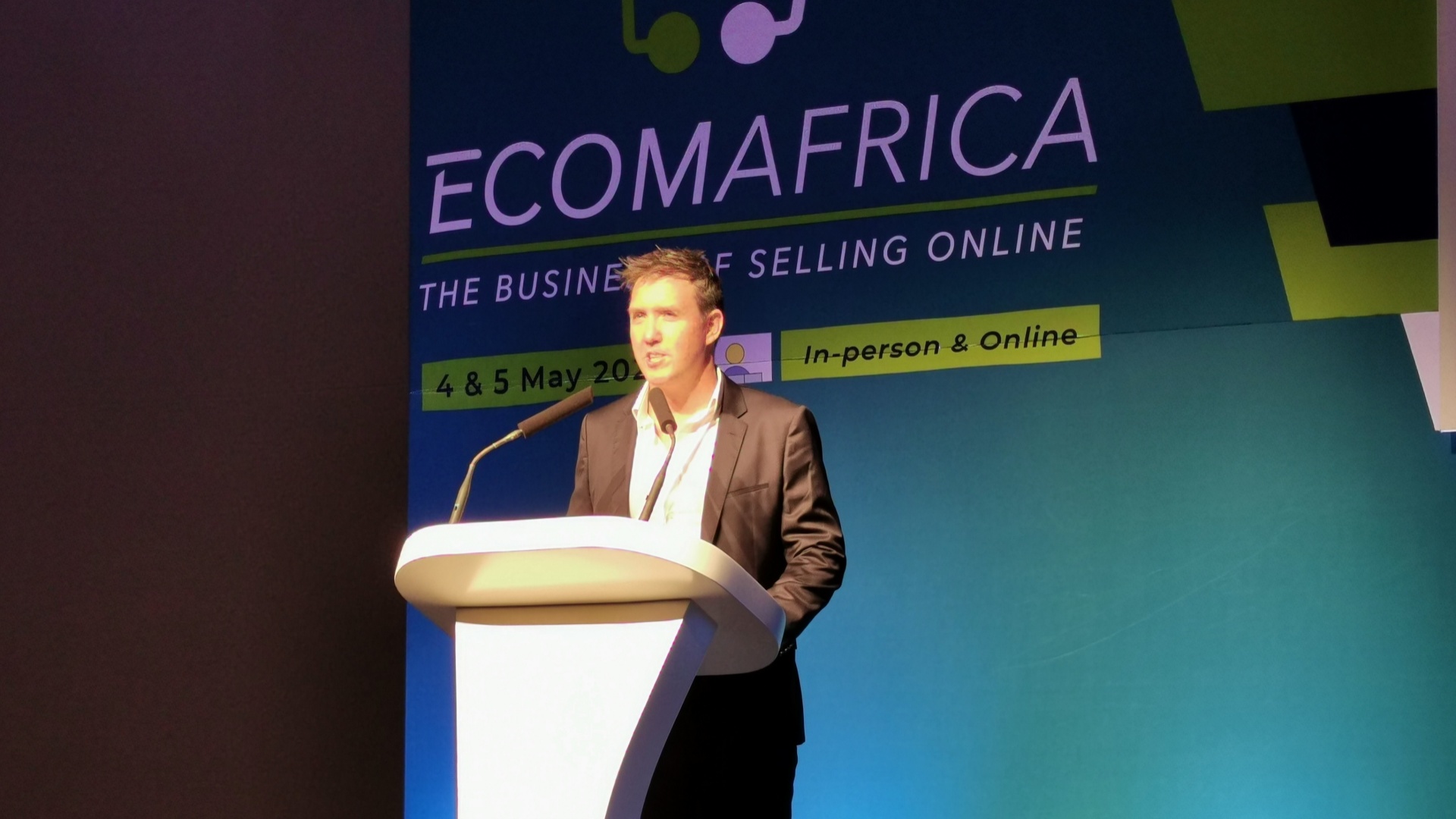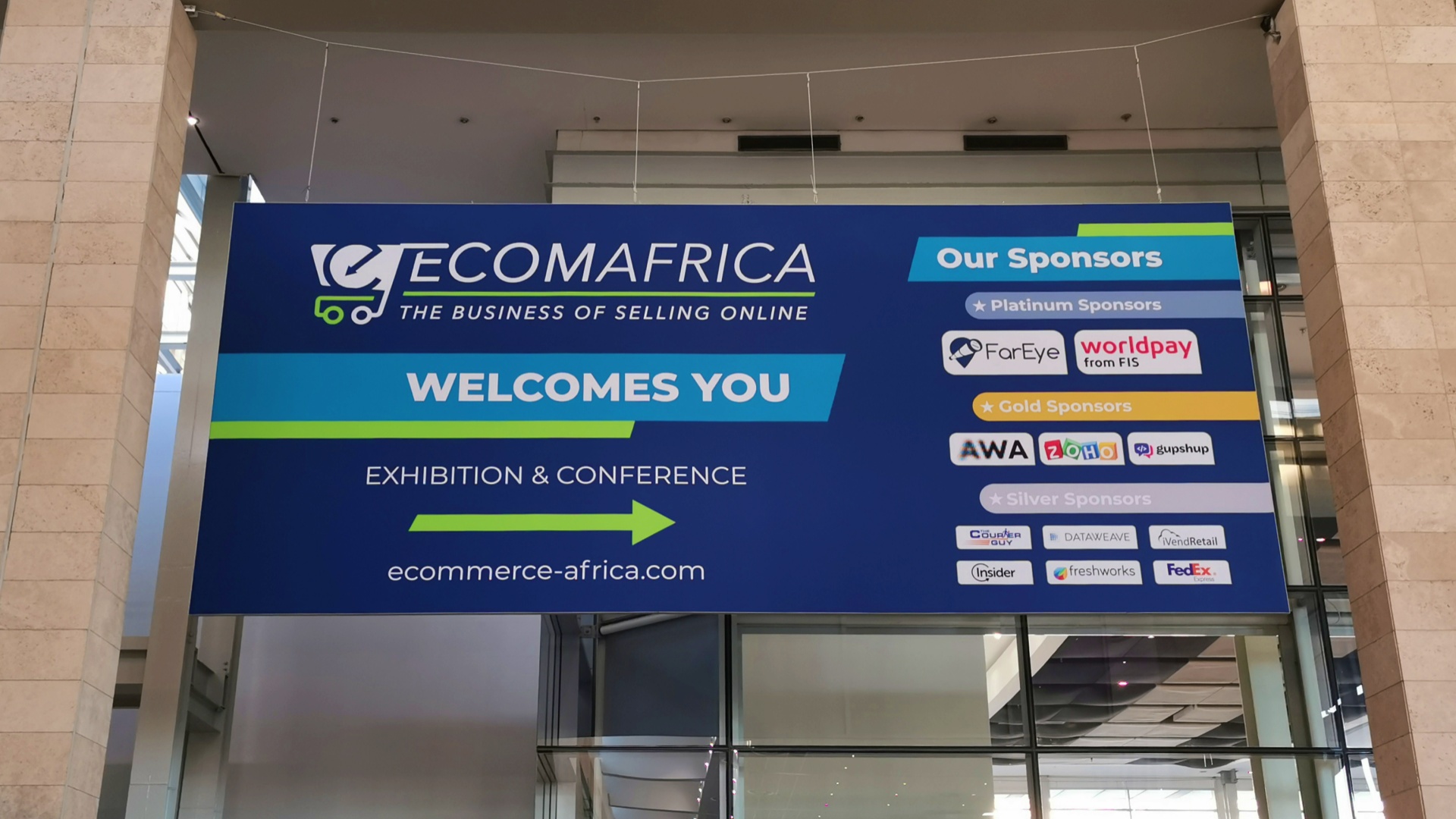Last week ECOM Africa 2022 took place at the Cape Town International Convention Centre.
This hybrid event saw many industry leaders and technology professionals descend on the Mother City to share their insights as regards ecommerce on the Africa continent, as well as gain some understanding about how the local ecommerce landscape is shaping up.
The overriding theme of ECOM Africa 2022 focused on personalisation in terms of delivering a unique experience to customers, along with ensuring it breeds loyalty and trust down the line.
As we have seen over the past two years as ecommerce has boomed in South Africa, personalisation is not simply about delivering an experience, but ensuring that customers give consent.
Consequently, the Protection of Personal Information Act (PoPIA) is something that every ecommerce platform must consider when building experiences and trying to gain customer trust and loyalty.
It is a subject that we spoke about with Terry Southam, group director for Retail at the Vuka Group, one of the organisers of ECOM Africa, during last week’s two-day long event.
Here’s what he had to say on the subject, as well as his thoughts on ECOM Africa moving forward.
Hypertext: ECOM Africa 2022 has embraced a hybrid model for 2022 as a result of the pandemic. While restrictions are being eased, is it a model we could see adopted for the foreseeable future for this event?
Terry Southam (TS): It was quite a weird scenario that we found ourselves in, as did most people during COVID, we had been been exploring the idea of having a digital asset for ECOM Africa.
We had to formulate a way of not simply being a strict in-person event to actually having something where people could get contact on-demand throughout the year as apposed to just two days at the expo. What ended up happening, with COVID hitting us, it forced the company to revisit those previous ideas that we had and we needed to develop solutions quite quickly.
We explored a number of virtual platforms, but we eventually settled on one called Vmeets. We have run all our conferences throughout the pandemic via that platform, along with using Zoom quite a bit for a webinar series too.
We decided to introduce in-person again as we thought it important to remain relevant and engage with audiences once more.
I think everyone is very excited about in-person events. There is simply nothing better than having colleagues and employees meet at events as it promotes camaraderie and discussion.
What we have found is that we are able to expand our reach into Africa with our events because there are certain people who cannot travel all the time. So we have found that we are able to engage with a wider audience, which is something that we have not been able to do previously.
Hypertext: Is there potentially scope to take ECOM Africa on the road and host it in other parts of the continent?
TS: Very much so. That falls exactly in line with our strategy with the inclusion of the hybrid model.
Now we can engage with an audience in key areas like Rwanda, Kenya and Ghana, so the idea is that we’re going to expand ECOM Africa and launch additional editions.
The home will always be here in South Africa, whether we do it in Cape Town or Johannesburg, but the opportunity we have been developing is an audience elsewhere on the continent that we can one day take this event in-person to.
Hypertext: Personalisation is a big theme here at ECOM Africa. Given the impact of PoPIA last year, do you believe it should be top of mind for local ecommerce platforms?
TS: Definitely. In my opinion it is forcing companies to not be lazy. You have to have a good plan in place, you have to be creative and find interesting ways of engaging with your customers while also making sure they are opting in.
One of the big aspects that businesses must think about is how to balance constant messaging and ensuring engagement. If you want to measure your data, better your services and products, and the only way to do that is by getting the input and validation from customers.
So now companies have to find creative ways of engaging and I think some of the talks from this event, like Shannon (McLaughlin) from Ubuntu Baba, sharing insights from a smaller business about the ways she has maintained an engaged audience by using micro influencers and other methods, has really been interesting.
Hypertext: Are there any ecommerce trends that you are particularly looking forward to see develop over the rest of 2022 and into the coming years?
TS: I’m quite interested to see how payments will change and the potential integration of blockchain into payment systems. For me that is the biggest thing and I think it is quite exciting in terms of seeing whether we can achieve decentralisation here.
Hypertext: Lastly, we have seen the likes of Takealot set the standard in terms of ecommerce in SA, but are there any smaller ecommerce players that you are keeping an eye on?
TS: We have a couple of “smaller” players that we put on the stage here at ECOM Africa. That’s what we really try to do in giving a good mix of perspectives.
This year we have Bathu streetwear and they have been able to share knowledge and showcase some of the exciting products and innovations that they have developed as a local startup brand.


